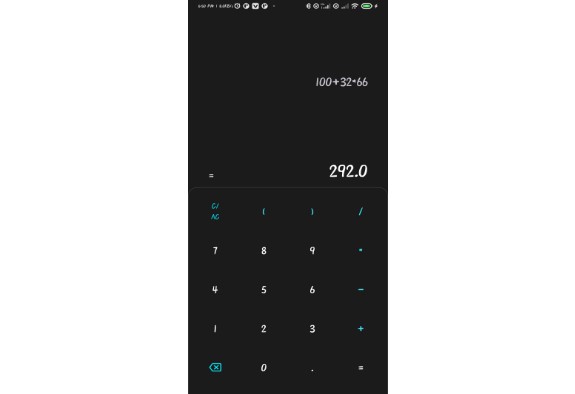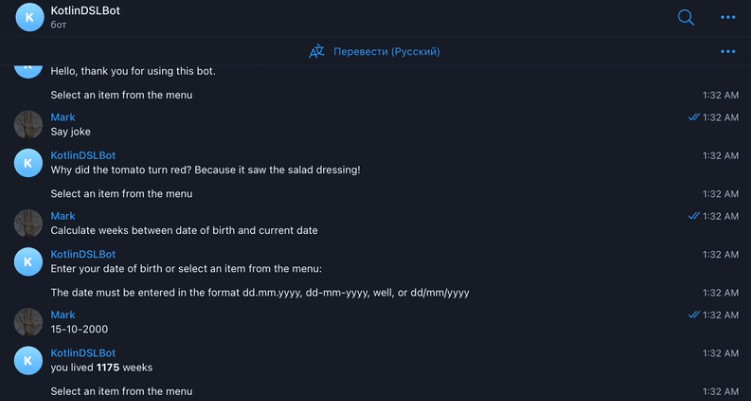KPy Plugin
The KPy gradle plugin allows you to write kotlin/native code and use it from python.
Setup
Enable the plugin in your build.gradle.kts file:
plugins {
kotlin("multiplatform") version "1.6.20" // current compatible version
id("com.martmists.kpy-plugin") version "0.0.1"
}
kotlin {
// Use the current Host OS as target platform with configuration name "native"
// The configuration name *must* be "native" for the plugin to work
val hostOs = System.getProperty("os.name")
val isMingwX64 = hostOs.startsWith("Windows")
val nativeTarget = when {
hostOs == "Mac OS X" -> macosX64("native")
hostOs == "Linux" -> linuxX64("native")
isMingwX64 -> mingwX64("native")
else -> throw GradleException("Host OS is not supported in Kotlin/Native.")
}
nativeTarget.apply {
// Configure the target here
}
}
Use the following setup.py template:
from platform import system
from setuptools import setup, Extension
from subprocess import Popen, PIPE
osname = platform.system()
debug = True
if osname == "Linux":
gradle_bin = "./gradlew"
else:
gradle_bin = "./gradlew.bat"
# Build the project
proc = subprocess.Popen([gradle_bin, "build"])
proc.wait()
# Fetch configuration from gradle task
proc = subprocess.Popen([gradle_bin, "setupMetadata"], stdout=subprocess.PIPE)
proc.wait()
output = proc.stdout.read().decode()
real_output = output.split("===METADATA START===")[1].split("===METADATA END===")[0]
# Apply the configuration
exec(real_output, globals(), locals())
def snake_case(name):
return name.replace("-", "_").lower()
def extensions():
folder = "debugStatic" if debug else "releaseStatic"
native = Extension(snake_case(project_name),
sources=[f'{build_dir}/generated/ksp/native/nativeMain/resources/entrypoint.cpp'],
include_dirs=[f"{build_dir}/bin/native/{folder}/"],
library_dirs=[f"{build_dir}/bin/native/{folder}/"],
libraries=[snake_case(project_name)])
return [native]
with open("README.md", "r") as fp:
long_description = fp.read()
setup(
name=snake_case(project_name),
version=project_version,
description=long_description,
ext_modules=extensions(),
packages=[],
)
Configuration
You can pass additional metadata from gradle to setup.py using the kpy configuration.
kpy {
metadata("my_key", "'my_value'") // Note: the second parameter is an expression, and must be valid python.
}
Then you can simply use it as a variable in your setup.py:
print(my_key) // prints "my_value"

